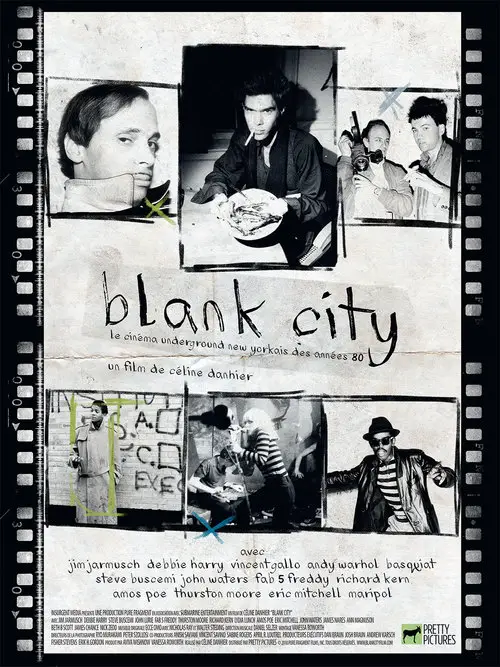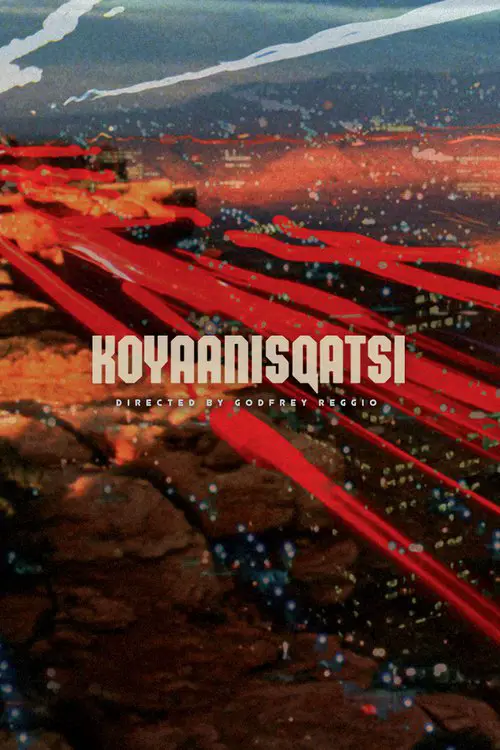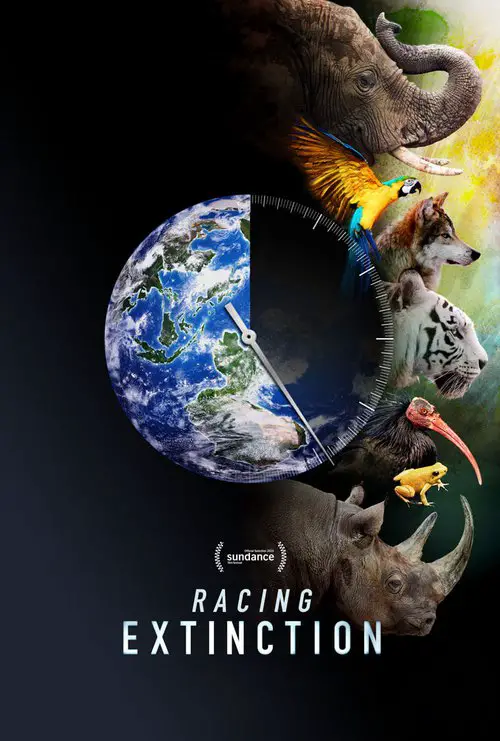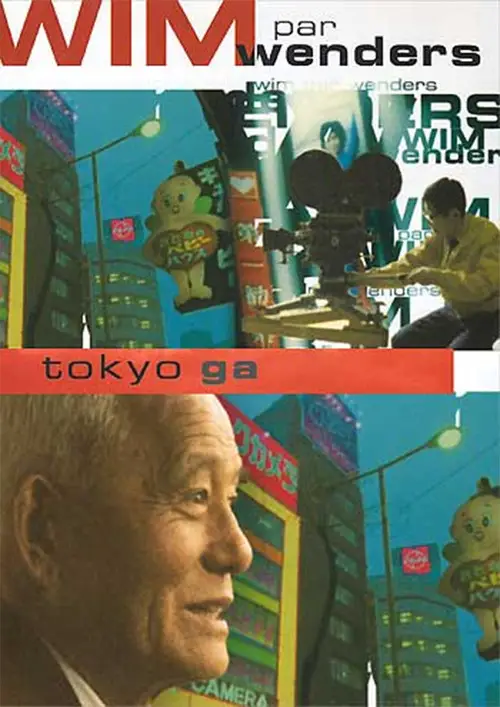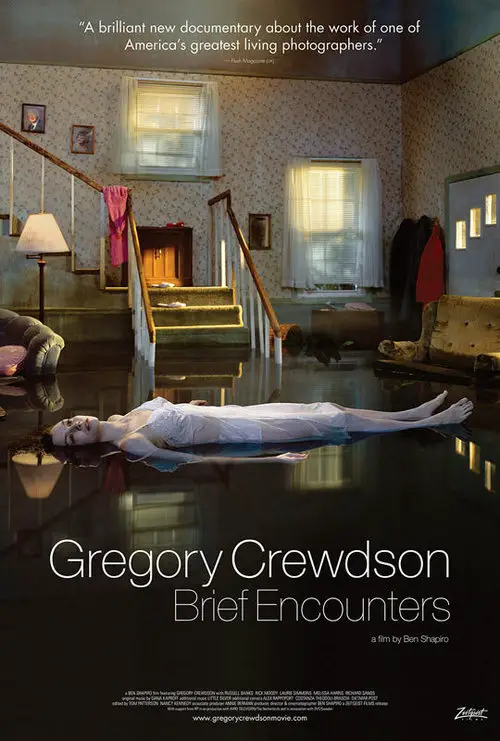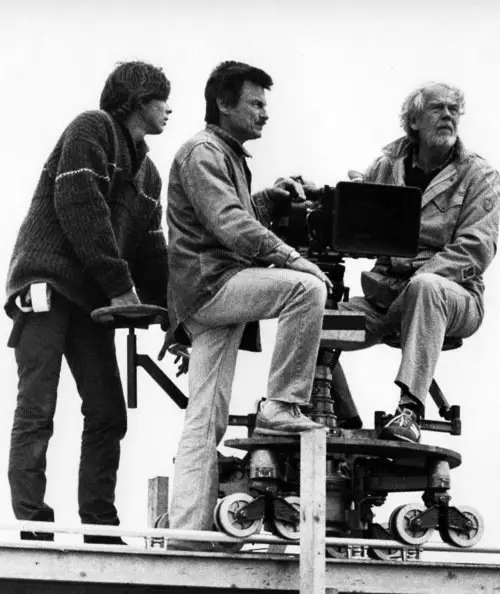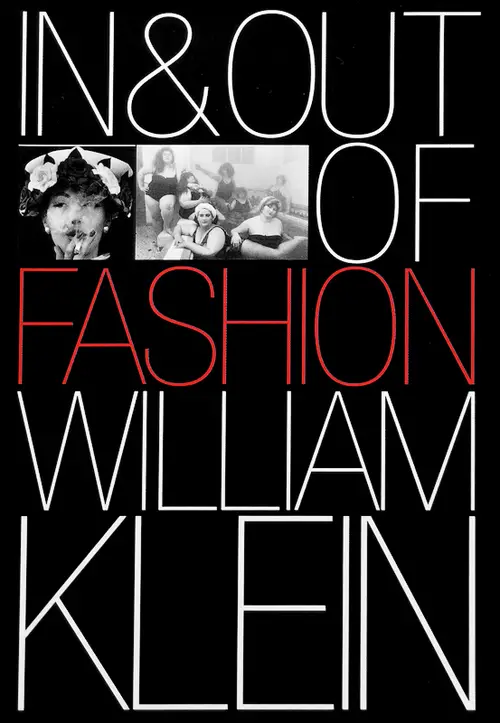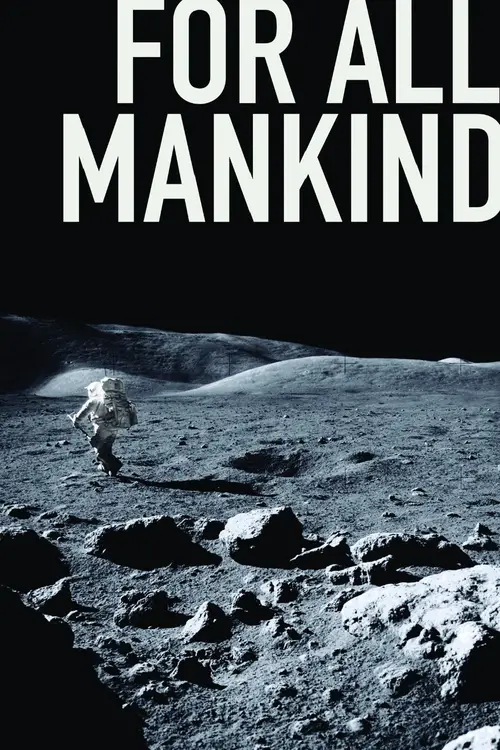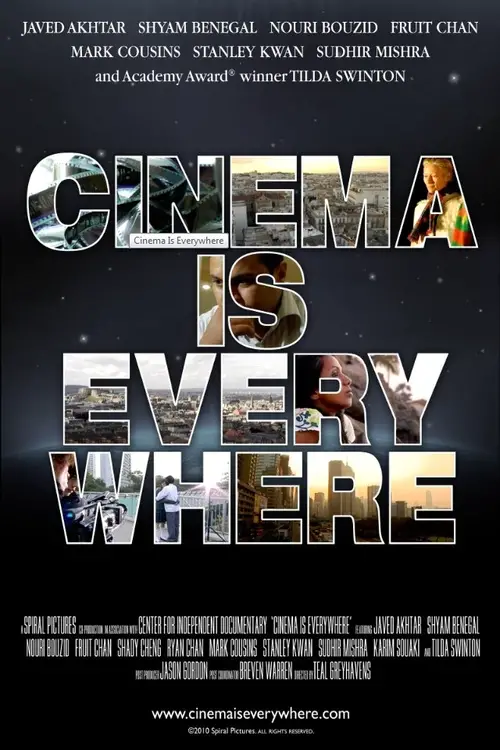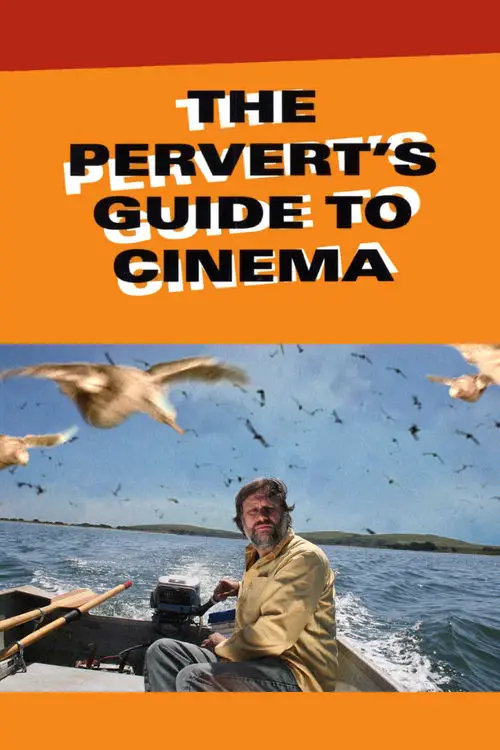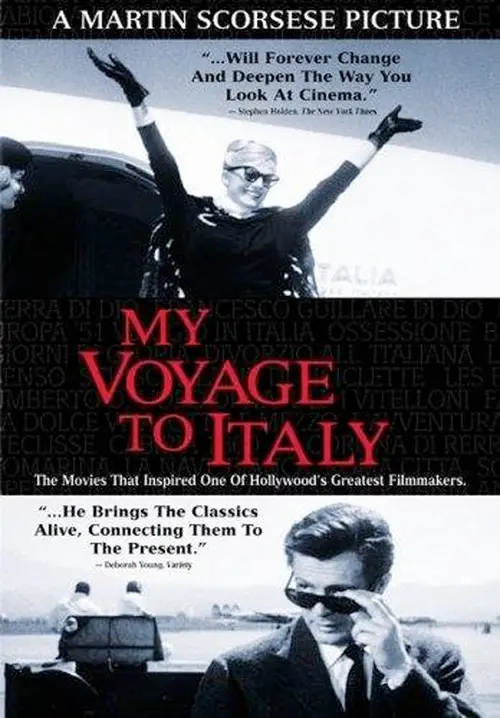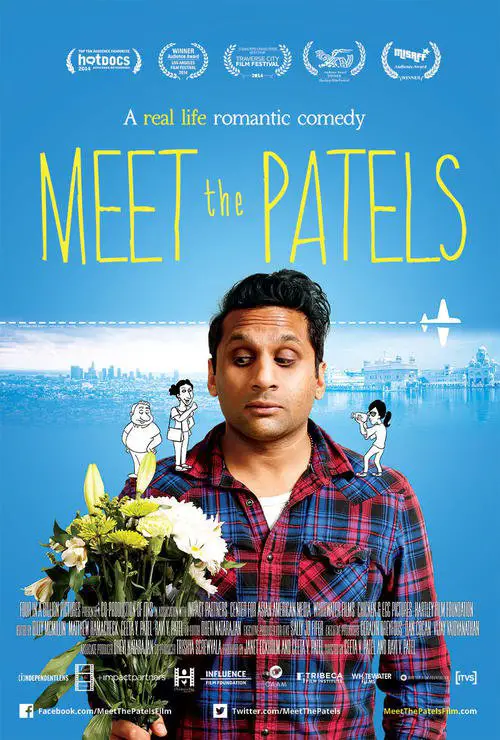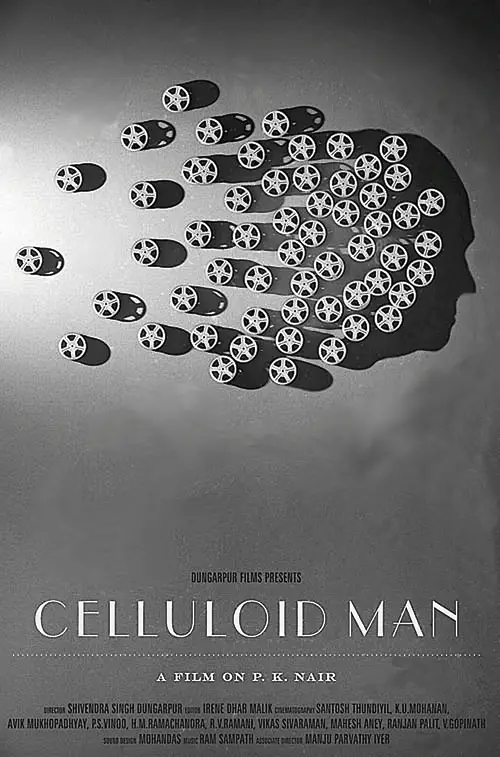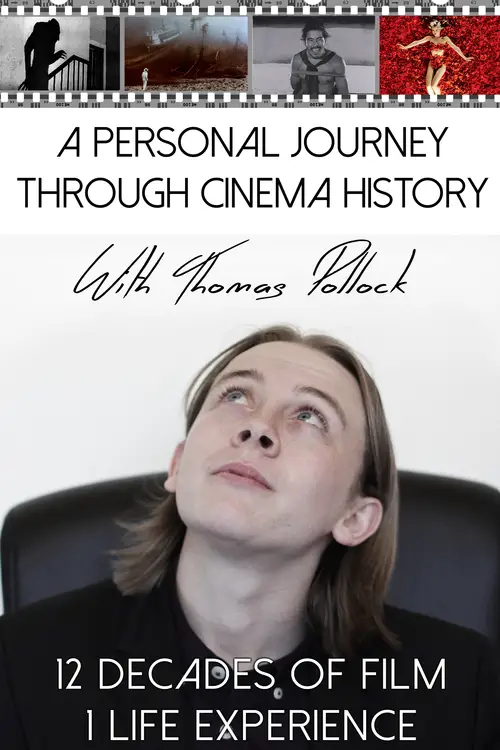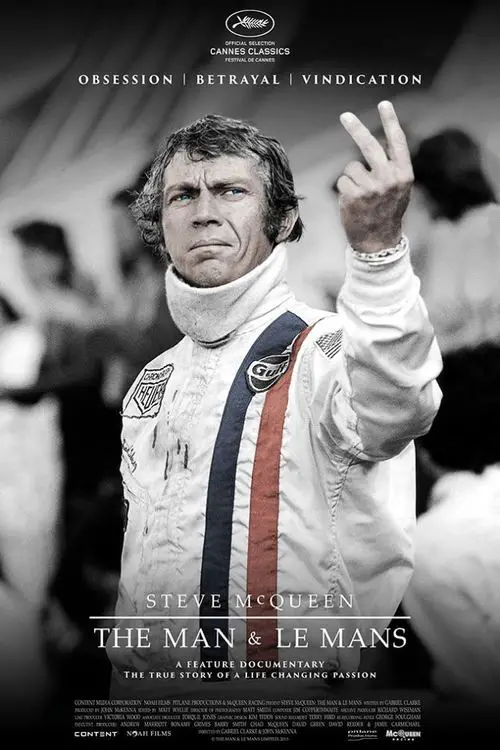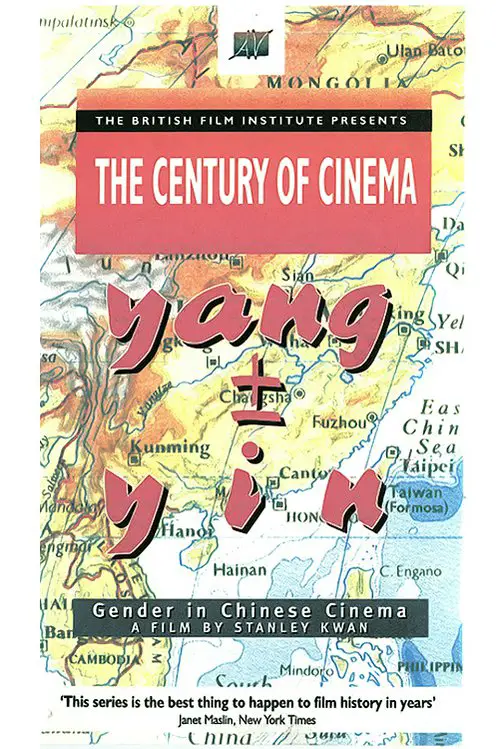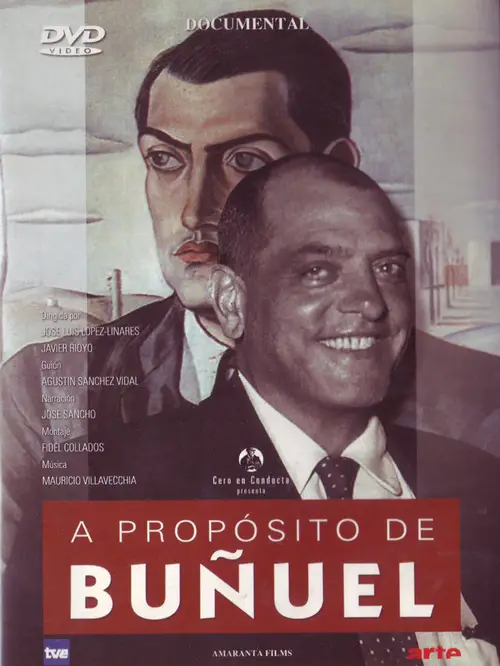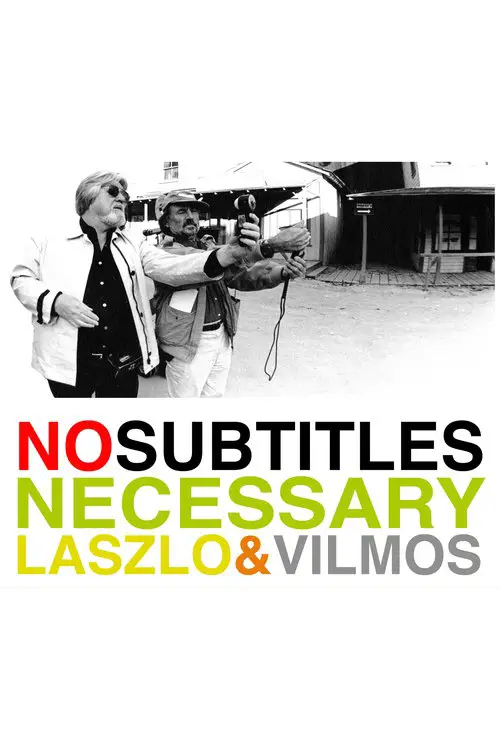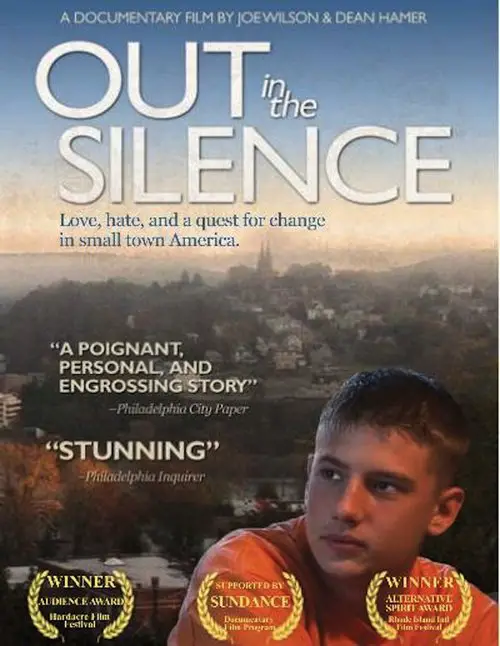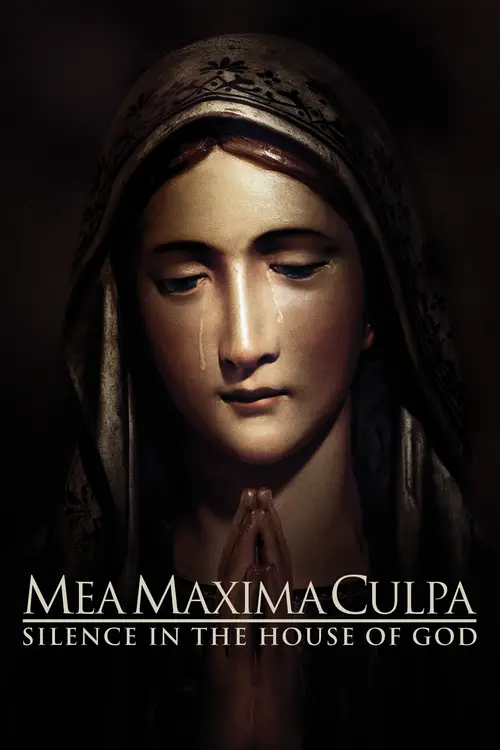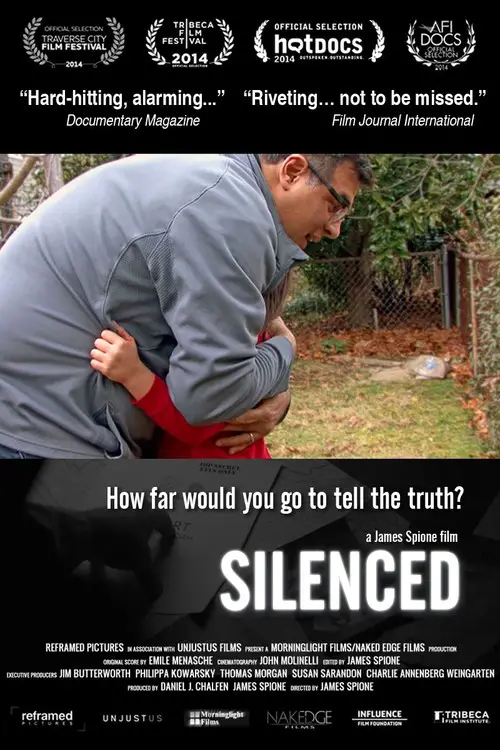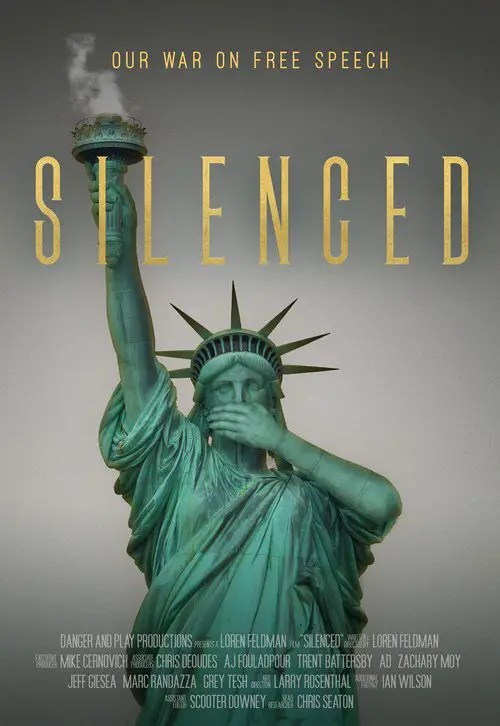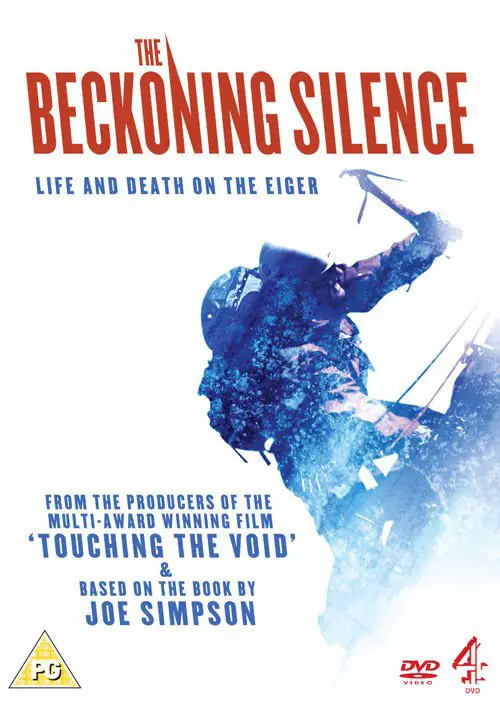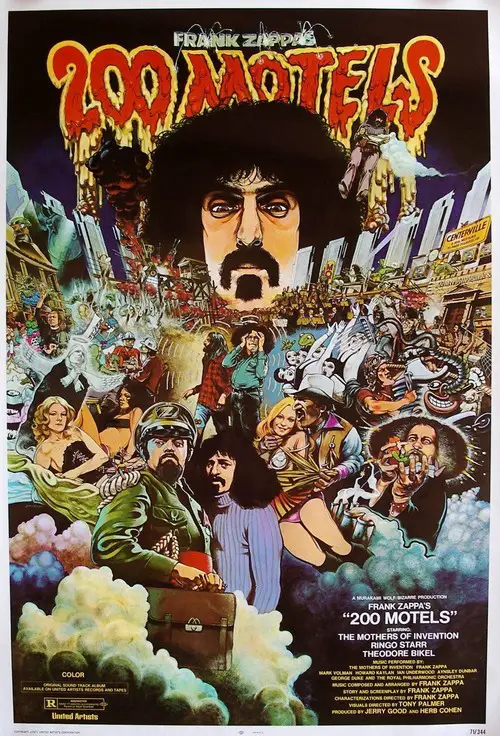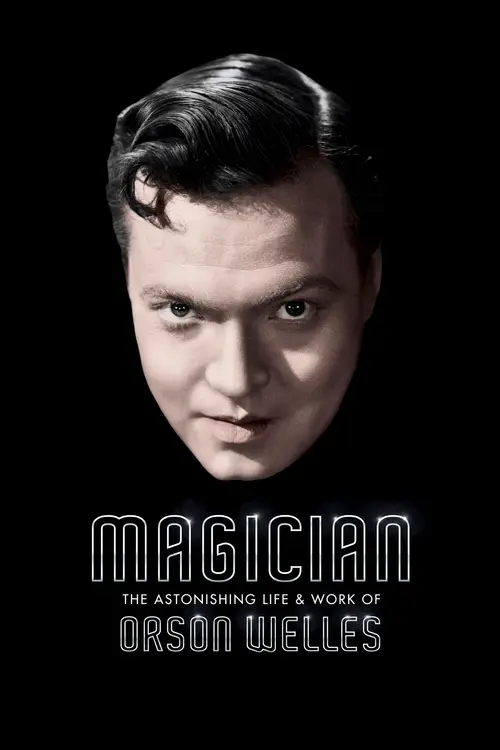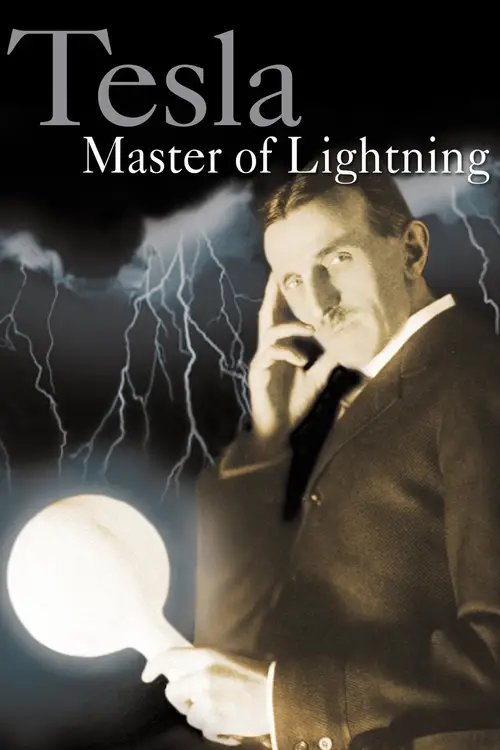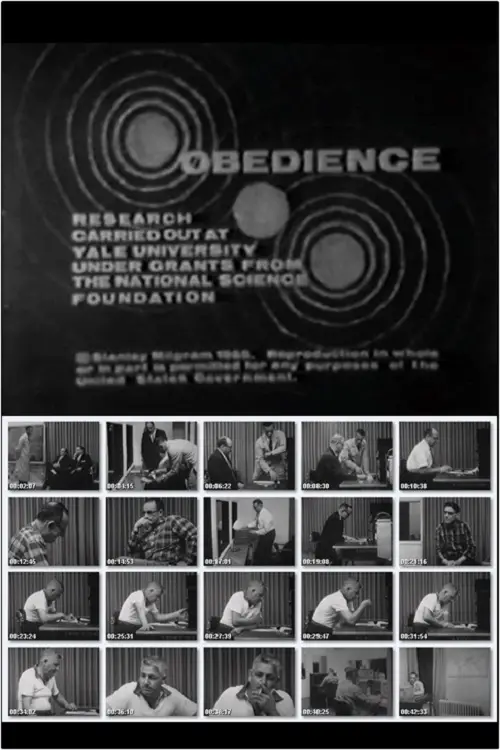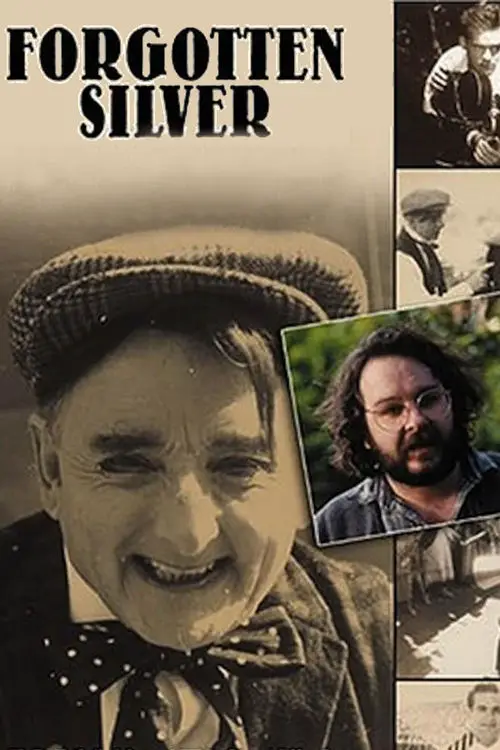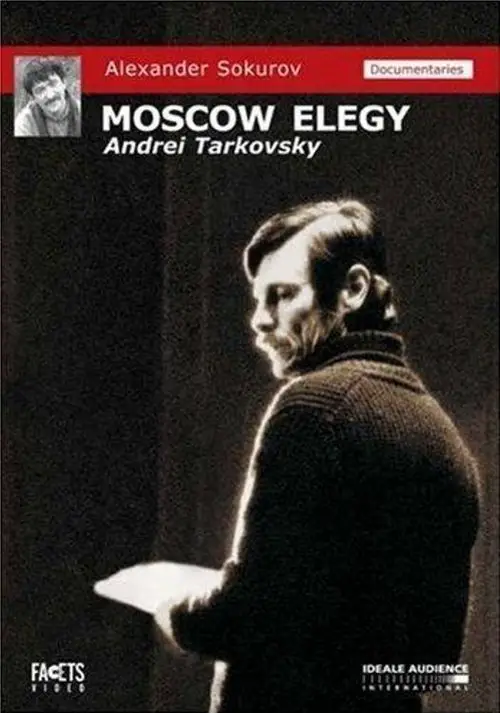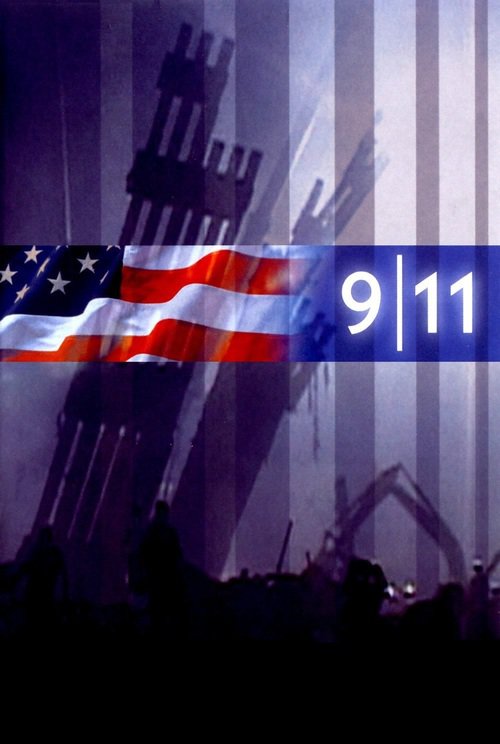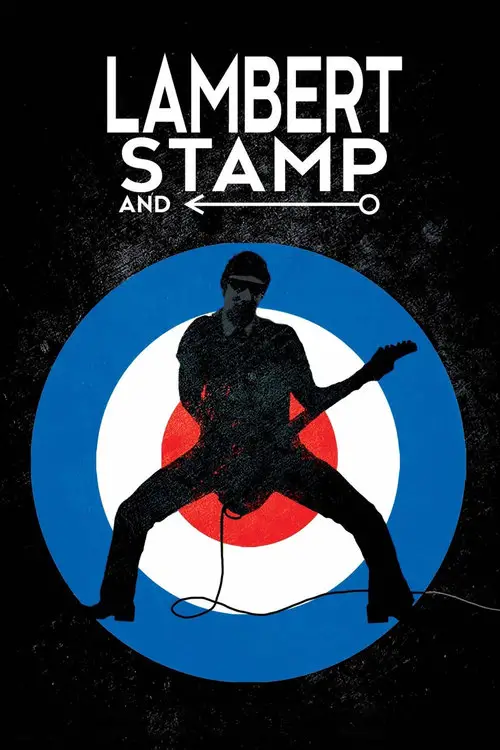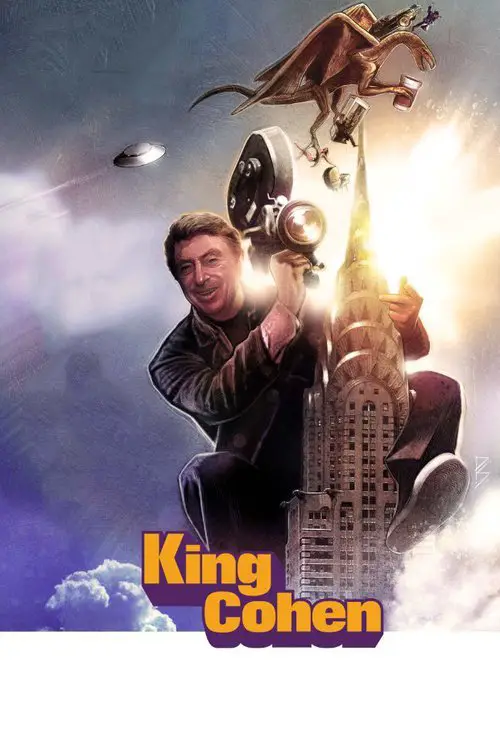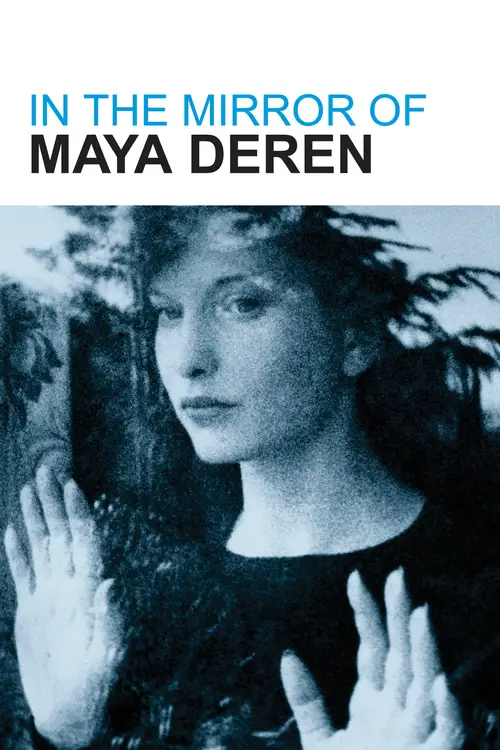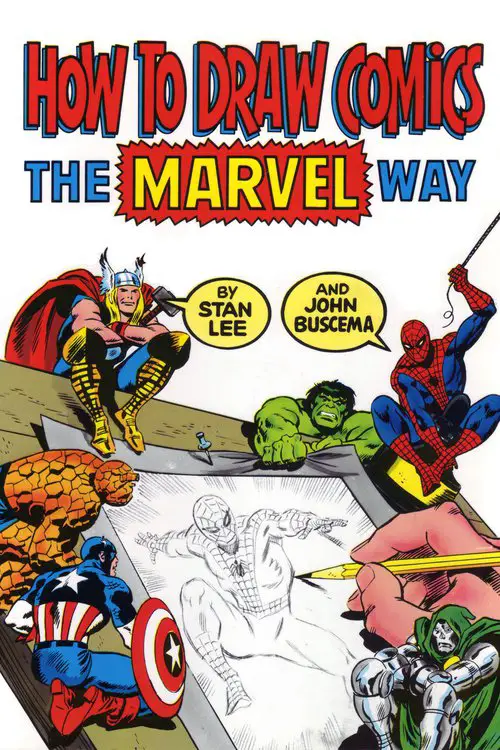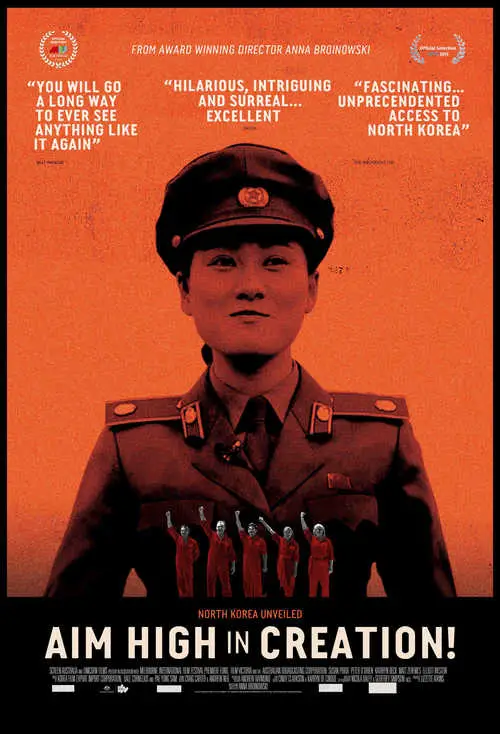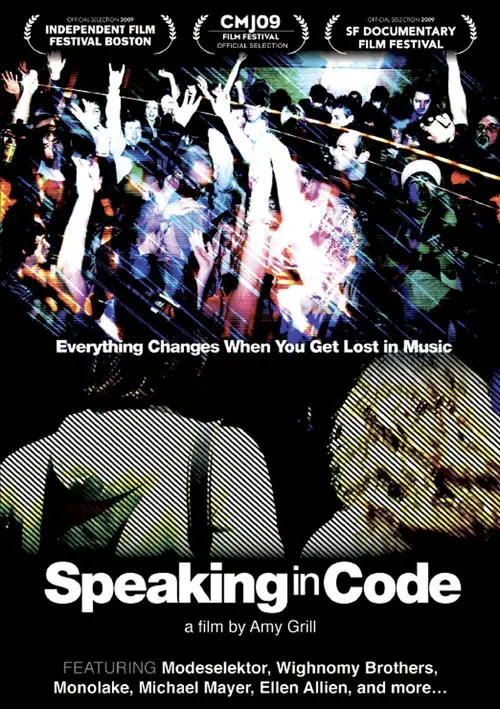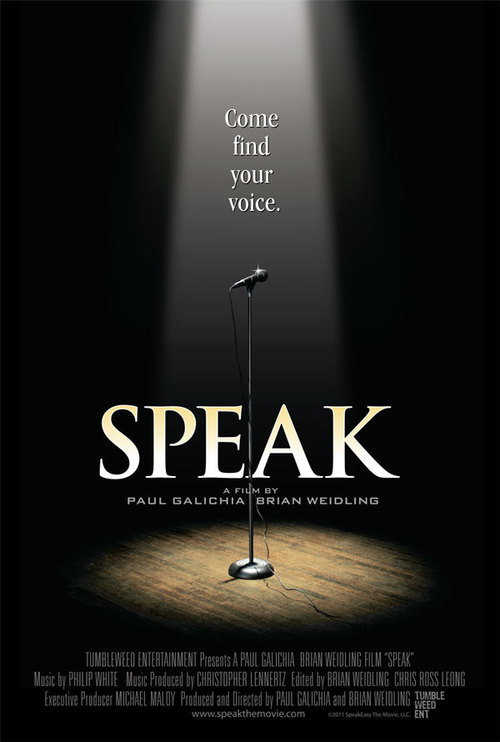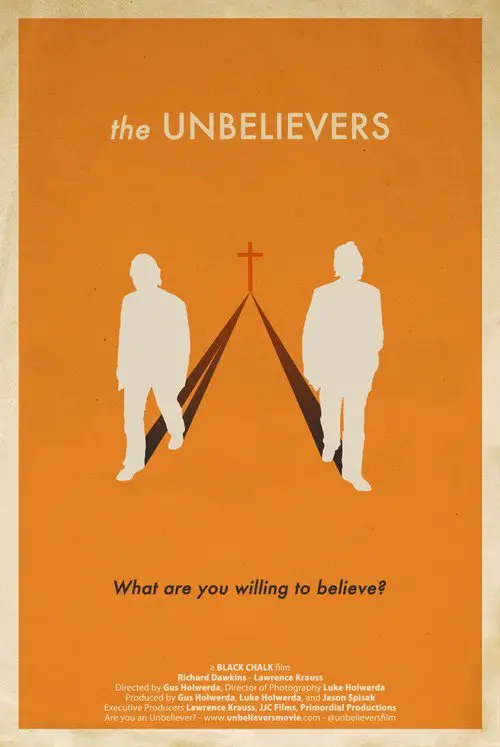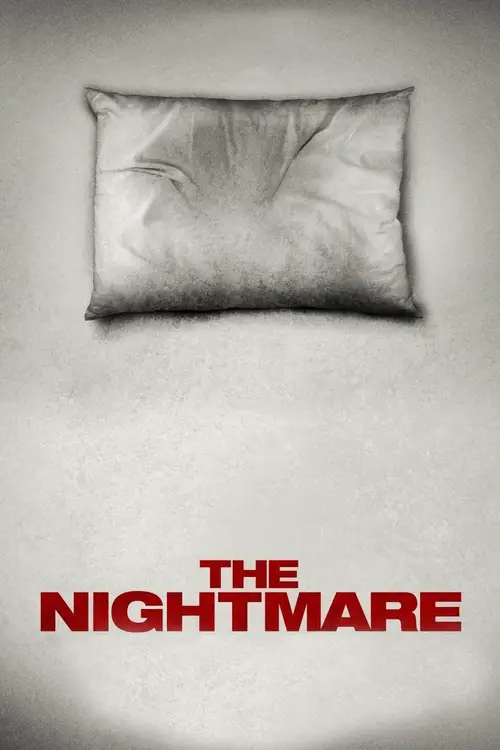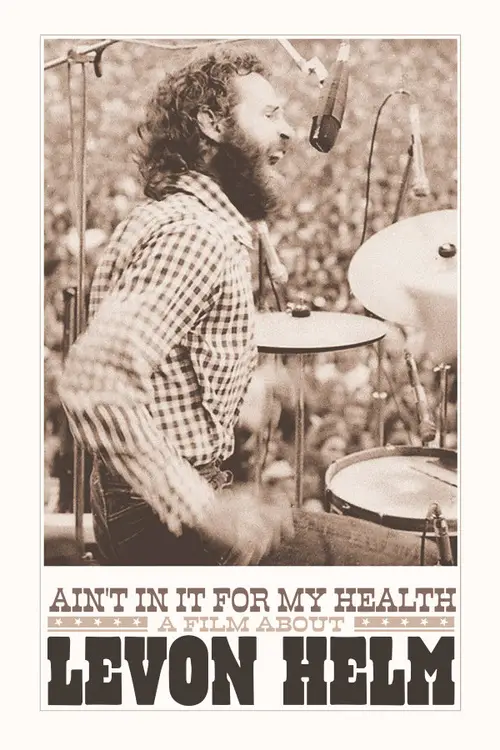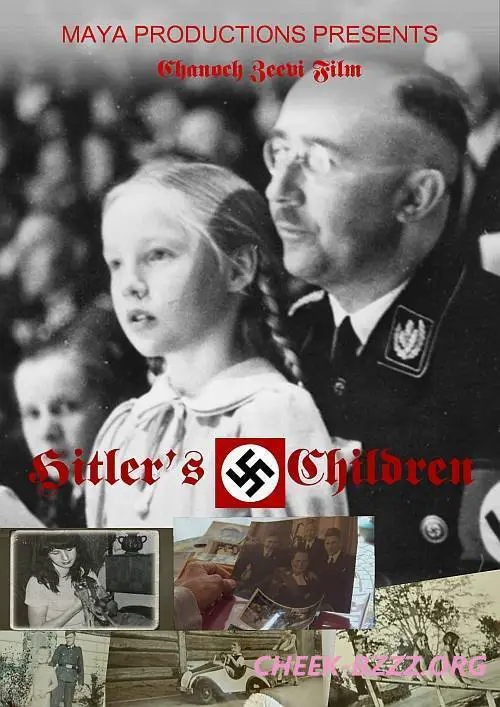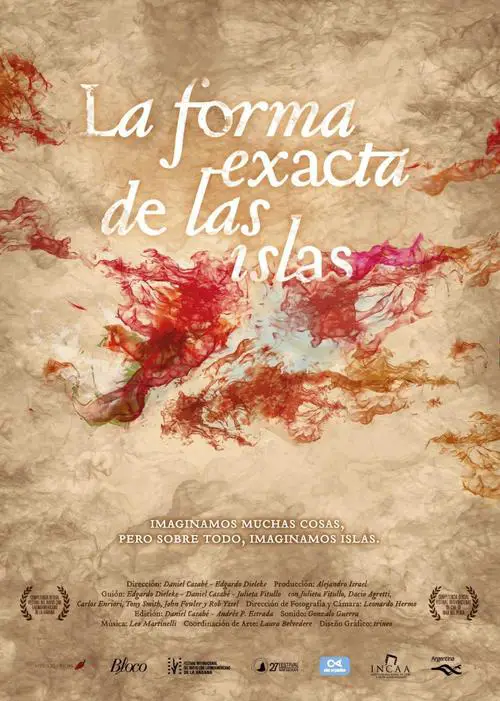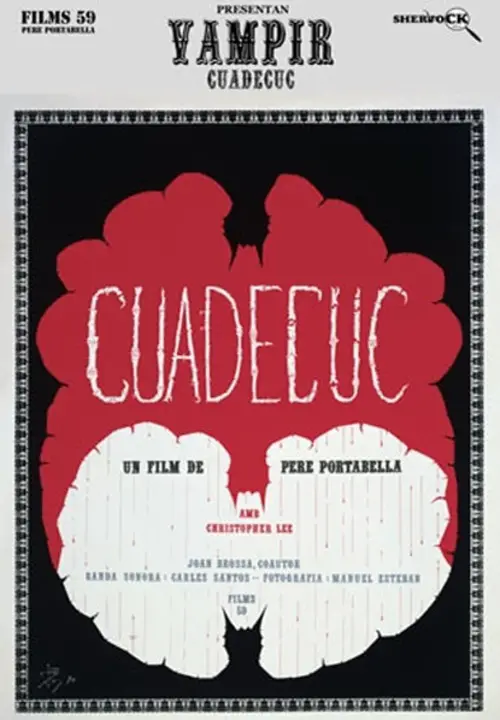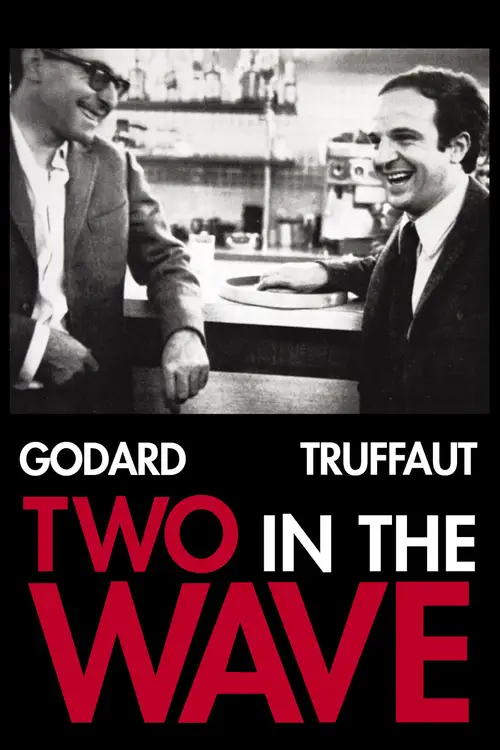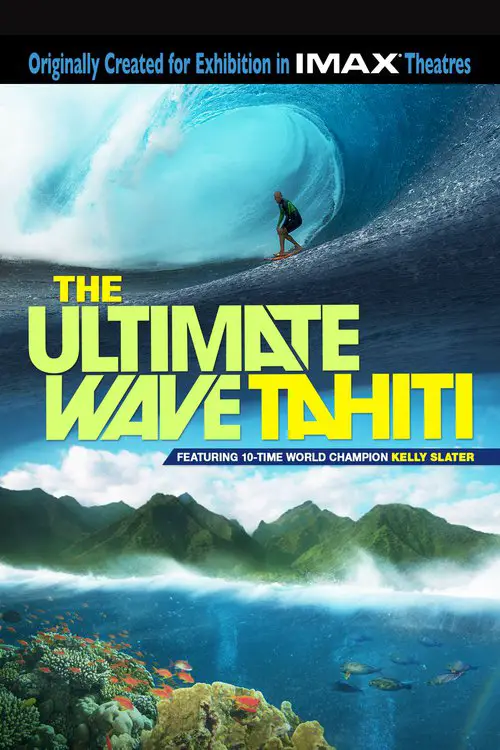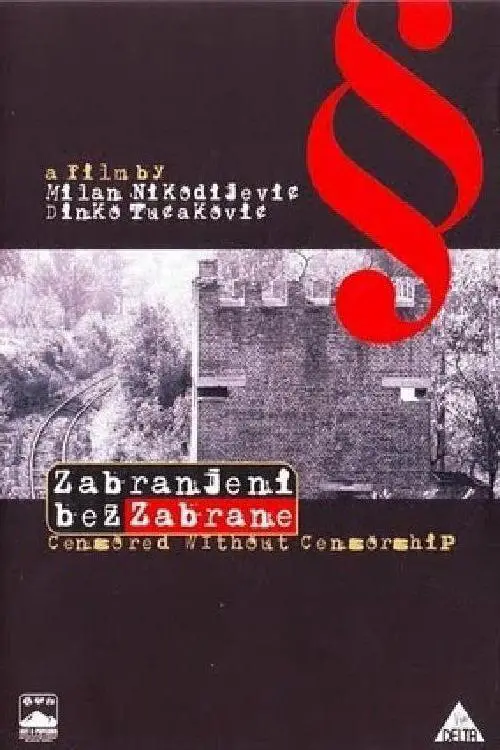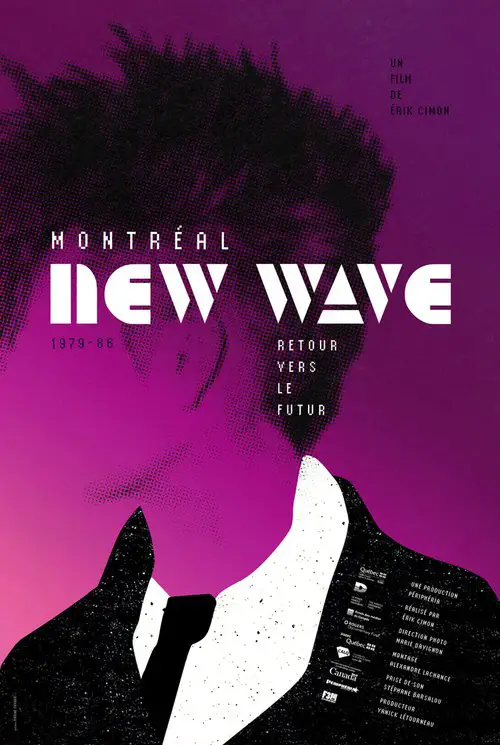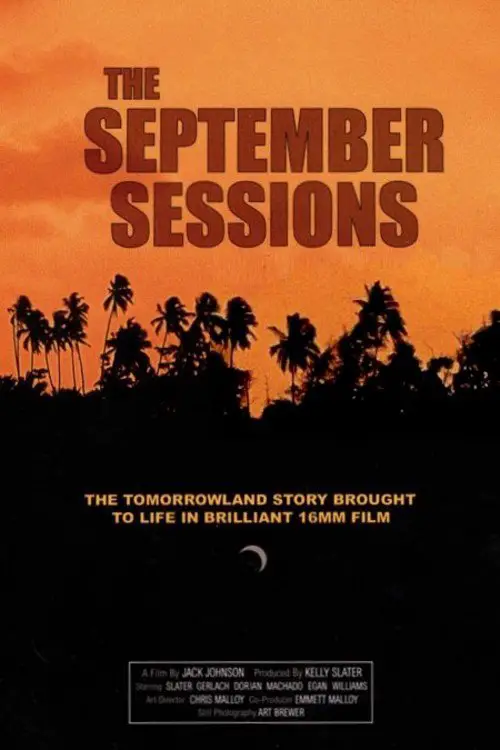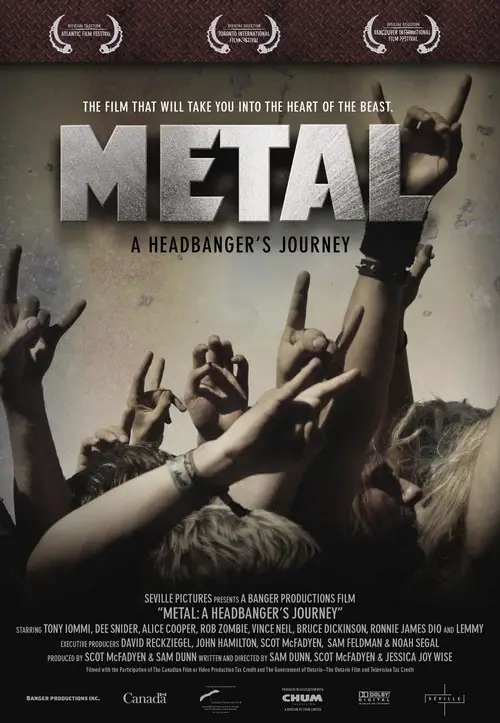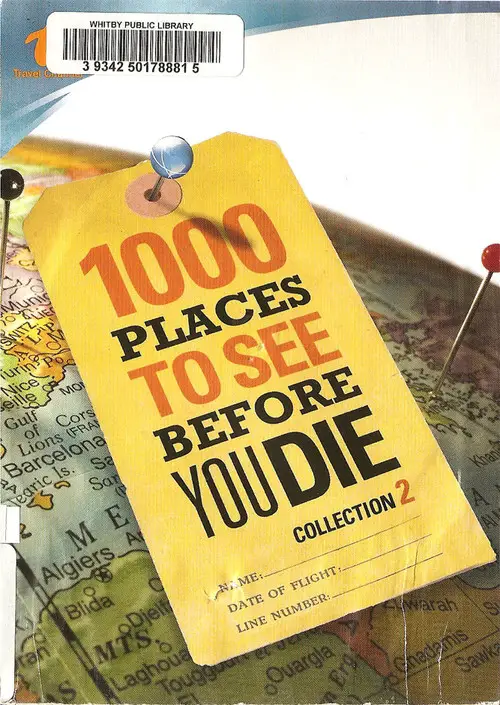Chantal Akerman, de cá (2010)
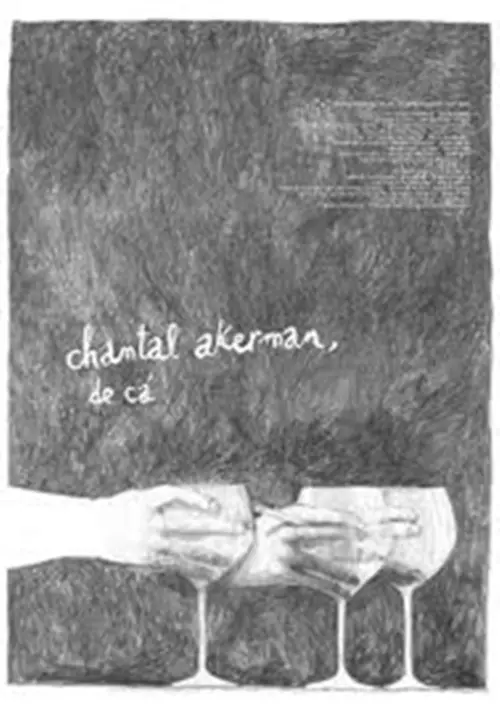
Similar movies
Since the invention of cinema, the standard format for recording moving images has been film. Over the past two decades, a new form of digital filmmaking has emerged, creating a groundbreaking evolution in the medium. Keanu Reeves explores the development of cinema and the impact of digital filmmaking via in-depth interviews with Hollywood masters, such as James Cameron, David Fincher, David Lynch, Christopher Nolan, Martin Scorsese, George Lucas, Steven Soderbergh, and many more.
AMERICAN MOVIE is the story of filmmaker Mark Borchardt, his mission, and his dream. Spanning over two years of intense struggle with his film, his family, financial decline, and spiritual crisis, AMERICAN MOVIE is a portrayal of ambition, obsession, excess, and one man's quest for the American Dream.
Take a trip back to a time when New York City wasn't all glitz and glamour as filmmaker Celine Danhier offers a look at the birth of "No Wave Cinema" and the vibrant art scene that exploded out of the East Village in the late '70s. In the years before Ronald Reagan took office, Manhattan was in ruins. But true art has never come from comfort, and it was precisely those dire circumstances that inspired artists like Jim Jarmusch, Lizzy Borden, and Amos Poe to produce some of their best works. Taking their cues from punk rock and new wave music, these young maverick filmmakers confronted viewers with a stark reality that stood in powerful contrast to the escapist product being churned out by Hollywood. ~ Jason Buchanan, Rovi
Wim Wenders says, "If in our century something sacred still existed⦠if there were something like a sacred treasure of the cinema, then for me that would have to be the work of the Japanese director, Yasujiro Ozu. He made fifty-four films. Silent films in the Twenties, black-and-white films in the Thirties and Forties, and finally colour films until his death on December 12th, 1963, on his sixtieth birthday. Ozu's work does not need my praise and such a sacred treasure of the cinema could only reside in the realm of the imagination. And so, my trip to Tokyo was in no way a pilgrimage. I was curious as to whether I still could track down something from this time, whether there was still anything left of this work. Images perhaps, or even people⦠Or whether so much would have changed in Tokyo in the twenty years since Ozu's death that nothing would be left to find.
Filmed over a decade, Brief Encounters follows internationally renowned photographer Gregory Crewdsons quest to create his unique, surreal, and incredibly elaborate portraits of suburban life. He sets a house on fire, builds 90 foot sets with crews of sixty, shuts down city streets...all in the service of his haunted image of American life, and his own anxieties, dreams and inner desires. Brief Encounters is an intimate portrait of one of the most heralded image-makers of our time.
The legendary photographer William Klein has designed this fascinating book on fashion photography, with a selection of images from throughout his career, including material from his films. Though Klein claims roots in areas as diverse as painting, street photography, the tabloids, and B movies, his fashion work has been known since the fifties and sixties and has been a constant in his career.
This fiction-documentary hybrid uses a sensational real-life eventâthe arrest of a young man on charges that he fraudulently impersonated the well-known filmmaker Mohsen Makhmalbafâas the basis for a stunning, multilayered investigation into movies, identity, artistic creation, and existence, in which the real people from the case play themselves.
In July 1969, the space race ended when Apollo 11 fulfilled President Kennedyâs challenge of âlanding a man on the Moon and returning him safely to the Earth.â No one who witnessed the lunar landing will ever forget it. Al Reinertâs documentary For All Mankind is the story of the twenty-four men who traveled to the moon, told in their words, in their voices, using the images of their experiences. Forty years after the first moon landing, it remains the most radical, visually dazzling work of cinema yet made about this earthshaking event.
A documentary feature film that ties four narratives - from China, India, Scotland, and Tunisia - together with countless insights from venerable filmmakers and ordinary moviegoers. An aspiring actress in Mumbai battles to break into Bollywood; two friends in Scotland take a mobile film festival across the highlands; a young crew in Hong Kong embarks on the shooting of its first film; a Tunisian director anxiously anticipates the premiere of his controversial film at a major festival. These stories are woven together with scenes from video stores, projection booths, studios, cinemas, and slums into a vivid meditation on the power of cinema to shape our world.
THE PERVERT'S GUIDE TO CINEMA takes the viewer on an exhilarating ride through some of the greatest movies ever made. Serving as presenter and guide is the charismatic Slavoj Žižek, the Slovenian philosopher and psychoanalyst. With his engaging and passionate approach to thinking, Žižek delves into the hidden language of cinema, uncovering what movies can tell us about ourselves.
As Australian cinema broke through to international audiences in the 1970s through respected art house films like Peter Weir's "Picnic At Hanging Rock," a new underground of low-budget exploitation filmmakers were turning out considerably less highbrow fare. Documentary filmmaker Mark Hartley explores this unbridled era of sex and violence, complete with clips from some of the scene's most outrageous flicks and interviews with the renegade filmmakers themselves.
"I saw these movies. They had a powerful effect on me. You should see them." That's Martin Scorsese's message for this documentary. We meet his family on Elizabeth Street in New York; he's a third generation Italian with Sicilian roots. Starting in 1949, they watched movies on TV as well as in theaters, lots of Italian imports. Scorsese, with his narration giving a personal as well as a public context, shows extended clips of these movies. Films of Rossellini and De Sica fill part one; those of Visconti, Fellini, and Antonioni comprise part two. Scorsese takes time with emotion, style, staging, technique, political context, and cinematic influence. It's his movie family.
Finding love is never easy. For Ravi Patel, a first generation Indian-American, the odds are slim. His ideal bride is beautiful, smart, funny, family-oriented, kind andâin keeping with traditionâIndian (though hopefully raised in the US). Oh, and her last name should be Patel because in India, Patels usually marry other Patels. And so at 30, Ravi decides to break up with his American girlfriend (the one who by all accounts is perfect for him except for her red hair and American name) and embark on a worldwide search for another Patel longing to be loved. He enlists the help of his matchmaker mother, attends a convention of Patels living in the US and travels to wedding season in India. Witty, honest and heartfelt, this comedy explores the questions with which we all struggle: What is love? What is happiness? And how in the world do we go about finding them?
This highly personal film essay demonstrates that Chinese cinema has dealt with questions of gender and sexuality more frankly and provocatively than any other national cinema. Yang ± Yin examines male bonding and phallic imagery in the swordplay and kung fu movies of the '60s and '70s; homosexuality; same-sex bonding and physical intimacy; the continuing emphasis on women's grievances in melodramas; and the phenomenon of Yam Kim-Fai, a Hong Kong actress who spent her life portraying men on and off the screen.
Documentary about the film maker Luis Bunuel. Surrealist master Luis Bunuel is a towering figure in the world of cinema history, directing such groundbreaking works as Un Chien Andalou, Exterminating Angels, and That Obscure Object of Desire, yet his personal life was clouded in myth and paradox. Though sexually diffident, he frequently worked in the erotic drama genre; though personally quite conservative, his films are florid, flamboyant, and utterly bizarre. This documentary, directed Jose Luis Lopez Linares, tries to illuminate some of these contradictions.
The artistry, triumph and lifelong friendship of the great cinematographers Laszlo Kovacs and Vilmos Zsigmond. With film school equipment, they shoot the Soviet crackdown of the 1956 Hungarian Revolution. As refugees they struggle in Hollywood, finally breaking into the mainstream with their pivotal contribution to the "American New Wave."
Only 11 Americans have ever been charged under the Espionage Act of 1917; eight of them since President Obama took office. James Spione returns to TFF with the incredible personal journeys of two members of that octet, Thomas Drake and John Kiriakou, along with accountability advocate, Jesselyn Radack, who helped bring their cases to light. With resonance in the post-Snowden era, Silenced catalogs the lengths to which the government has gone to keep its most damning secrets quiet, in an impassioned and thought-provoking defense of whistleblowers everywhere.
In The Beckoning Silence, Joe Simpson, whose amazing battle for survival featured in the multi-award winning "Touching the Void", travels to the treacherous North Face of the Eiger to tell the story of one of mountaineering's most epic tragedies. As a child, it was this story and that of one of the climbers in particular, that first captured Simpson's imagination and inspired him to take up mountaineering.
"Touring makes you crazy," Frank Zappa says, explaining that the idea for this film came to him while the Mothers of Invention were touring. The story, interspersed with performances by the Mothers and the Royal Symphony Orchestra, is a tale of life on the road. The band members' main concerns are the search for groupies and the desire to get paid.
This program recounts the life of scientist, inventor, and visionary Nikola Tesla, often remembered as more of an eccentric cult figure than an electrical engineering genius. Many of his achievements are still attributed to contemporaries Thomas Edison and Guglielmo Marconi. Tesla's surprising inventions are revealed in his autobiographical and scientific writings, supplemented by rare photographs and re-creations.
In the film, we see subjects instructed to administer electric shocks of increasing severity to another person, and observe both obedient and defiant reactions. After the experiment, we witness subjects explain firsthand their actions. Obedience is as relevant today as it was at its publication. As we as a society witness suicide bombings, torture, and gang atrocities, we wonder just how far people will go. Fifty years later, this experiment still resonates as people ask themselves, âWould I pull that lethal switch?â This is the only authentic film footage of Milgramâs famous experiment and is essential to all foundational work in social psychology at the graduate, undergraduate, and high school level.
This dryly funny mockumentary about the lost work of a pioneering New Zealand film genius is probably one of the best examples of the faux-documentary genre. In fact, it was so successful that when it originally aired on New Zealand television, hundreds of viewers bought the premise hook, line, and sinker. If you didn't know any better yourself, it's entirely possible you might be duped into believing the extremely tall tale of one Colin MacKenzie, an ambitious filmmaker who made the world's first talking movie (years before The Jazz Singer), invented color film, and created a huge biblical epic that would put Cecil B. DeMille and D.W. Griffith to shame. Filmmaker Peter Jackson (Heavenly Creatures) shrewdly inserts himself into the film via his documentation of the "discovery" of McKenzie's lost epic, which for years was preserved in a garden shed.
A 1988 documentary film directed by Alexander Sokurov, about the later life and death of Soviet Russian filmmaker Andrei Tarkovsky. The film was originally intended to mark the 50th birthday of Tarkovsky in 1982, which would have been before his death. Controversy with Soviet authorities about the film's style and content led to significant delays in the production.
Unlike the films "World Trade Center" and "United 93", which are dramatizations of the events of September 11, this is an on-the-scene documentary following the events of September 11 from an insider's view, through the lens of two French filmmakers who were in Manhattan on that fateful day. Filmmakers James Hanlon and Jules and Gedeon Naudet were filming a documentary about a rookie New York City firefighter when they noticed a plane fly overhead and hit the World Trade Center. Being with those firefighters who where the first to respond to the tragedy, James Hanlon and the Naudets accompanied them and continued filming from the firemen's perspective. It later became known that their presence allowed them to capture the only known footage of the first plane strike, and from inside the Twin Towers.
Superhero creator and Marvel Comics legend, Stan Lee, together with Marvel's top artist, John Buscema, demonstrate the skills needed to create compelling characters and scenes for drawing and writing comic books. Based on the book of the same name, the video became an educational classic for aspiring cartoonists and is also available on DVD. Stan Lee's flair for humor and close friendship with Buscema adds to this good-natured instructional video a sense of drama, action and fun. Stan Lee's inimitable talent for creating superheroes (Spider Man, The Incredible Hulk, etc.) and Buscema's own creations (Conan the Barbarian, Silver Surfer, etc.) meshes well in the conversation and makes this a special treat for comic book fans as well as cartoonists on all levels
A revolutionary film about the cinematic genius of North Korea's late Dear Leader Kim Jung-IL, with a groundbreaking experiment at its heart - a propaganda film, made according to the rules of his 1987 manifesto. Through the shared love of cinema, AIM HIGH IN CREATION! forges an astonishing new bond between the hidden filmmakers of North Korea and their Free World collaborators. Revealing an unexpected truth about the most isolated nation on earth: filmmakers, no matter where they live, are family.
About the fear of public speaking and chronicles several characters as they prepare for the World Championships of Public Speaking. One leaves behind a job and his wife and 6 kids on his quest to be the best. Another spends 6 weeks writing and rewriting his speech only to write it once more 72 hours before the contest. For another, it is a fight for life that gives her the strength to speak and tell her story while she still has time. They all want to share with the world their very personal stories of triumph over adversity. But only one will be named the World's Best Speaker.
Starting with the image of a tour bus warming its engine in the stillness of an empty lot, this haunting, personal portrait of music legend Levon Helm evokes the mood of a lifetime spent on the road. Jacob Hatley's extraordinarily intimate documentary finds Helm, a founding member of The Band, at home in Woodstock in the midst of creating his first studio album in 25 years. The ultimate survivor, he's overcome drugs, bankruptcy, the bitter breakup of The Band and a bout of throat cancer -but then, as the rueful title indicates, he wasn't in it for his health
Their family name alone evokes horror: Himmler, Frank, Goering, Hoess. This film looks at the descendants of the most powerful figures in the Nazi regime: men and women who were left a legacy that indelibly associates them with one of the greatest abominations in history. What is it like to have grown up with a name that immediately raises images of genocide? How do they live with the weight of their ancestors' crimes? Is it possible to move on from the crimes of their ancestors?
For many, the name Malvinas/Falklands evokes an absurd war between England and Argentina in 1982. For Julieta Vitullo, the protagonist of this film, this tragic history becomes deeply personal 25 years later when she suffers a loss associated with her search to uncover that past, unfolding into a life-affirming struggle for renewal and rebirth. This film tells the story of two trips, one made in 2006 and the other in 2010. In the space between one trip and the next, between past and present, between the public and the private, between what can and cannot be told, the movie reflects on the possibilities of conveying extreme life experiences, presenting landscapes and sounds that suggest subtle contours of that shape, 'The Exact Shape of the Islands.'
Vampir-Cuadecuc is a 1970 experimental feature film by Catalan filmmaker Pere Portabella. The entire film is photographed on high contrast black & white film stock, which gives it the appearance of a degraded film print, evoking early Expressionist horror films such as F. W. Murnau's Nosferatu or Carl Theodor Dreyer's Vampyr. It was shot on the set of Jesus Franco's Count Dracula, starring Christopher Lee and Herbert Lom. The sound track is by frequent Portabella collaborator Carles Santos, and the only spoken dialogue in the film appears only in the last scene, which features Lee reading from Bram Stoker's original novel.
Through the conversation with Yugoslav film authors and excepts from their films, this documentary tells a story of a film phenomenon and censorship, and its focus is, in fact, a painful epoch of Yugoslav film called "Black Wave". The film tells a great «thriller» story of the ideological madness which characterized the totalitarian psychology.
The Endless Summer, by Bruce Brown, is one of the first and most influential surf movies of all times. The film documents American surfers Mike Hynson and Robert August as they travel the world during Californiaâs winter (which back in 1965 was off-season for surfing) in search of the perfect wave and an endless summer.
MONTREAL NEW WAVE is a feature documentary that explores the New Wave cultural current in Quebec in the 70âs and 80âs. The film documents and questions that unknown part of our recent cultural history. Through archives and interviews with key figures of the time, MONTREAL NEW WAVE wants to shed light on a defining current that still inspires the Quebec cultural scene today.
Kelly Slater, Rob Machado, and others take a trip to the coast of Sumatra, where they find themselves surfing beautiful waves, and lose the urgency they have come to live with being professionals. September Sessions documents this trip with interviews and 16mm footage of life on a once in a lifetime surftrip.
The film discusses the traits and originators of some of metal's many subgenres, including the New Wave of British Heavy Metal, power metal, Nu metal, glam metal, thrash metal, black metal, and death metal. Dunn uses a family-tree-type flowchart to document some of the most popular metal subgenres. The film also explores various aspects of heavy metal culture.
You loved the book; now see the places bestselling author Patricia Schultz captured so well. Join newlyweds Albin and Melanie Ulle as they embark on a transformational journey around the globe. Using Schultz's book as a guide, the Ulles explore the breathtaking beauty of the Himalayas, the eternal romanticism of Paris, the exotic mysteries of Peru and much more you won't want to miss.
© Valossa 2015–2026
| Privacy Policy


